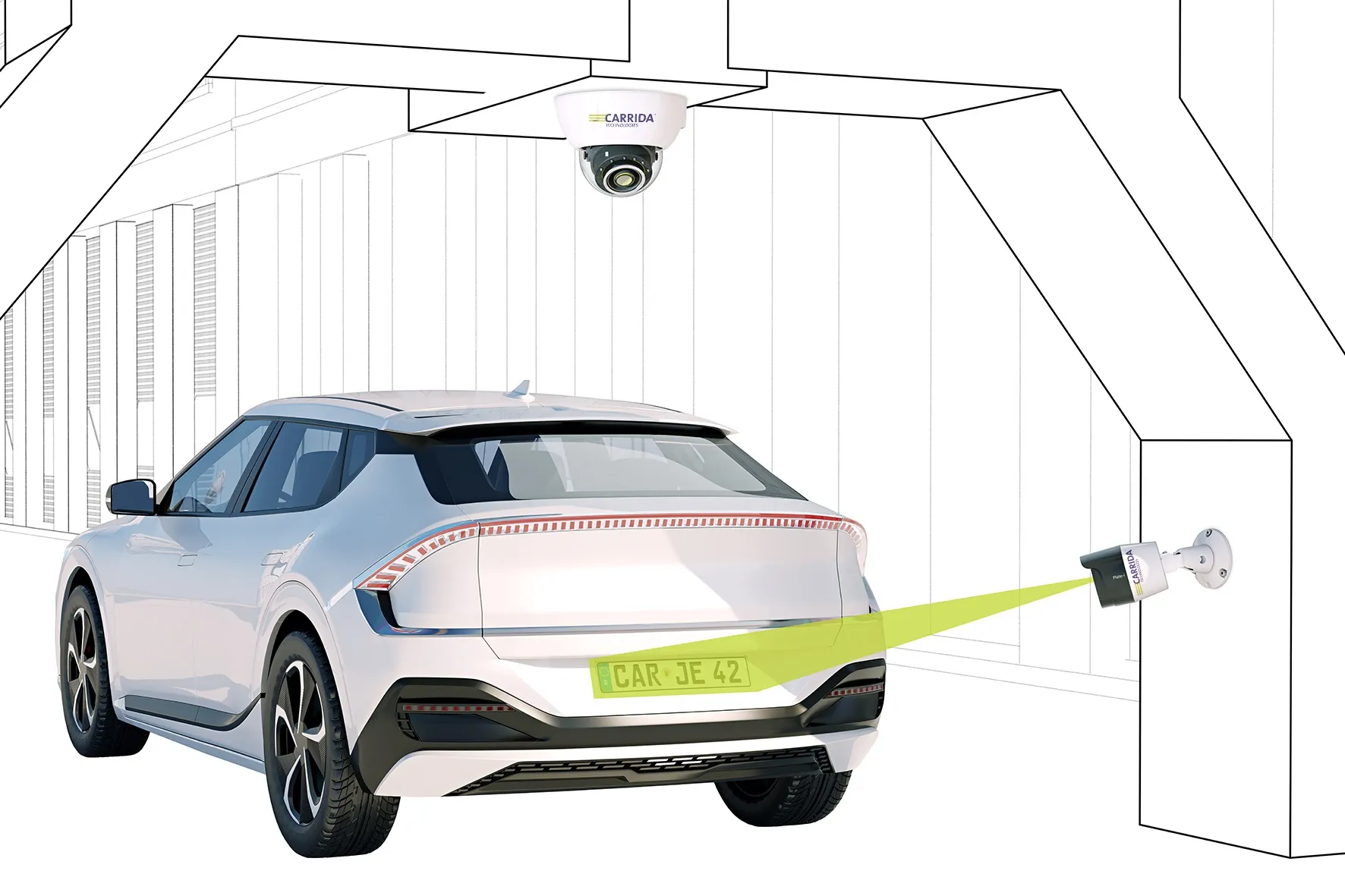US traffic management solutions supplier Trafficware has developed the Valence Pod, a wireless vehicle detection system that the company says provides the reliability of loops without the need for cabling or wireless repeaters for the intersection and advanced detection. The Pod uses road sensors to detect the presence of vehicles, and can be used individually for a smaller zone or grouped with other Pods to create a larger, smarter detection zone. The omni-directional antenna will detect sensors from hundr
April 19, 2013
Read time: 2 mins
US traffic management solutions supplier 5642 Trafficware has developed the Valence Pod, a wireless vehicle detection system that the company says provides the reliability of loops without the need for cabling or wireless repeaters for the intersection and advanced detection.
The Pod uses road sensors to detect the presence of vehicles, and can be used individually for a smaller zone or grouped with other Pods to create a larger, smarter detection zone. The omni-directional antenna will detect sensors from hundreds of feet away, allowing access to all Pods at an intersection with one antenna. Advanced detection sensors can be reached without needing a repeater by using long range directional antennas. The system is easily installed, requiring only three main components, the base station located in the controller, the wireless access point, and the sensor.
Trafficware’s chief engineer, Clyde Neel, explains that “the magnetometer technology is robust and well suited for vehicle detection. Applying our industry depth of experience in other forms of detection played a critical role in overcoming some of the technical challenges to making this an effective and reliable solution.”
The Pod uses road sensors to detect the presence of vehicles, and can be used individually for a smaller zone or grouped with other Pods to create a larger, smarter detection zone. The omni-directional antenna will detect sensors from hundreds of feet away, allowing access to all Pods at an intersection with one antenna. Advanced detection sensors can be reached without needing a repeater by using long range directional antennas. The system is easily installed, requiring only three main components, the base station located in the controller, the wireless access point, and the sensor.
Trafficware’s chief engineer, Clyde Neel, explains that “the magnetometer technology is robust and well suited for vehicle detection. Applying our industry depth of experience in other forms of detection played a critical role in overcoming some of the technical challenges to making this an effective and reliable solution.”










